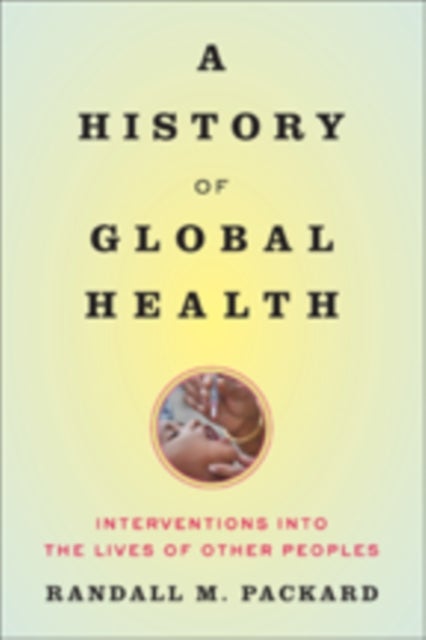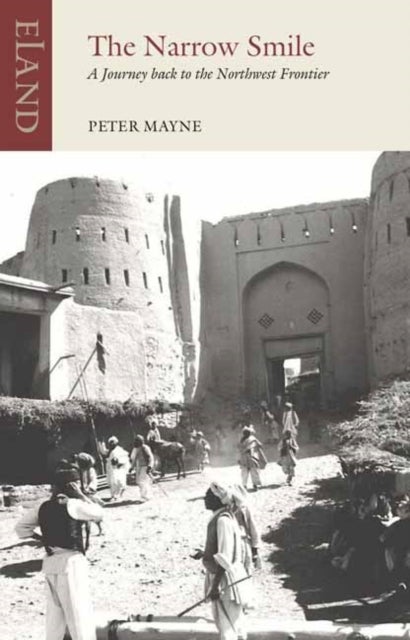
A History of Global Health av Randall M. (Director The Johns Hopkins University) Packard
439,-
<p><b>A sweeping history explores why people living in resource-poor areas lack access to basic health care after billions of dollars have been invested in international-health assistance.</b></p><p>Over the past century, hundreds of billions of dollars have been invested in programs aimed at improving health on a global scale. Given the enormous scale and complexity of these lifesaving operations, why do millions of people in low-income countries continue to live without access to basic health services, sanitation, or clean water? And why are deadly diseases like Ebola able to spread so quickly among populations?</p><p>In <i>A History of Global Health</i>, Randall M. Packard argues that global-health initiatives have saved millions of lives but have had limited impact on the overall health of people living in underdeveloped areas, where health-care workers are poorly paid, infrastructure and basic supplies such as disposable gloves, syringes, and bandages are lacking, and little effor








